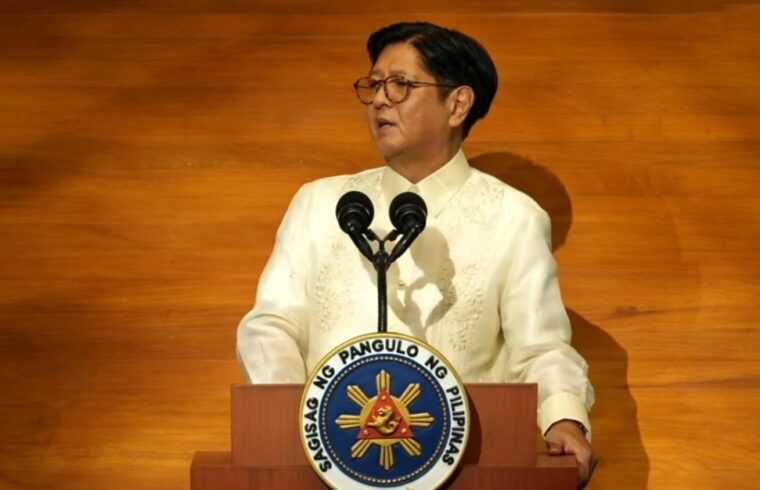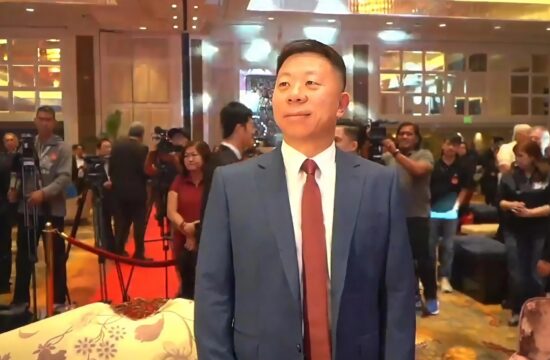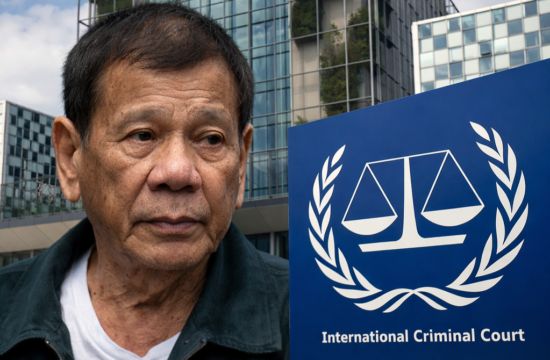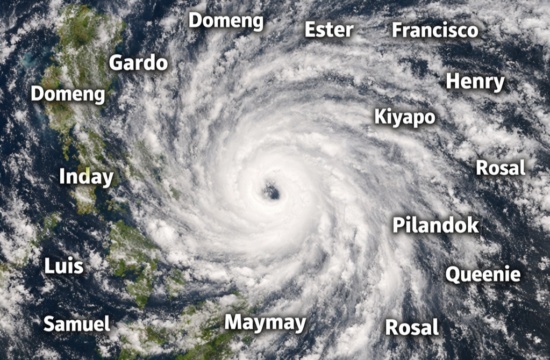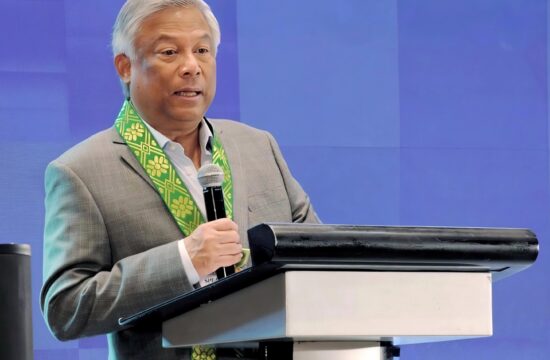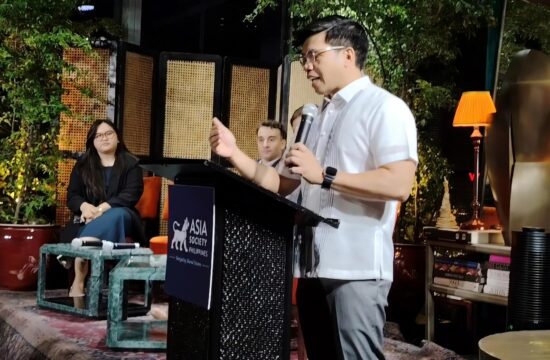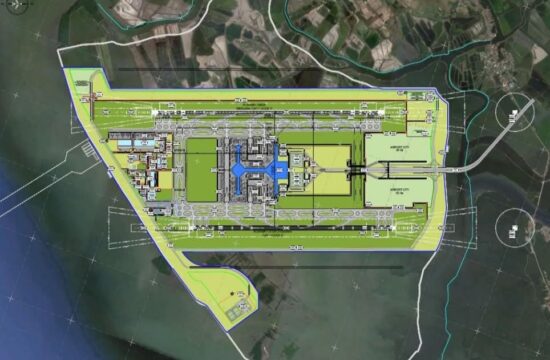By combining a public shaming with a sweeping promise of prosecution, President Ferdinand Marcos Jr. delivered one of the most scathing moments of his presidency during his fourth State of the Nation Address (SONA), warning that corrupt officials and their private sector collaborators behind failed or fake flood control projects will be criminally charged.
“Makakasuhan ang lahat ng mga lalabas na may sala mula sa imbestigasyon. Pati na ang mga kasabwat na kontratista sa buong bansa,” Marcos said in a speech that broke from the typically ceremonial tone of the SONA and shifted into a pointed rebuke aimed at institutional corruption.
The president’s remarks—delivered after weeks of heavy monsoon rains and back-to-back typhoons that left many communities submerged—put a sharp spotlight on what he said were substandard or entirely fabricated infrastructure projects funded by billions in taxpayer money.
“Kitang-kita ko na maraming proyekto para sa flood control ay palpak at gumuguho. ‘Yung iba guni-guni lang,” Marcos said, recalling what he witnessed firsthand during his recent inspections following Typhoon Crising.
In one of the most searing lines of the address, he told those involved: “Mga kickback, mga initiative, errata, SOP, for the boys… mahiya naman kayo sa inyong kapwa Pilipino!”
The rebuke comes amid mounting public frustration over persistent flooding despite an eye-popping ₱1.47 trillion allocated for flood control and mitigation programs over the past decade. The disconnect between that spending and the on-the-ground reality—busted levees, sunken roads, and ghost infrastructure—has become a lightning rod for criticism, especially with four tropical cyclones battering the country in the last month alone.
Marcos, who last year boasted of completing 5,500 flood control projects in his 2024 SONA, took a starkly different tone this time. The pivot suggests either a reversal in confidence or a deeper awareness of how systemic the problem has become.
To address it, he laid out a three-pronged plan: First, he ordered the Department of Public Works and Highways (DPWH) to compile a complete list of flood control projects from the past three years. Second, he directed the Regional Project Monitoring Committees to audit the list and flag failures, unfinished work, or “ghost projects.” Third, he vowed to release the list to the public for transparency and grassroots input.
“Ang publiko na saksi sa mga proyektong ito ay malayang suriin ang listahan at magbahagi ng kanilang nalalaman para makatulong sa ating imbestigasyon,” he said, underscoring that citizens would play a direct role in surfacing wrongdoing.
The crackdown also comes with budgetary consequences. Marcos made it clear he would not sign off on any budget proposal that strays from the government’s official expenditure plan: “Hindi ko aaprubahan ang kahit anong budget na hindi alinsunod sa plano ng Gobyerno para sa sambayanang Pilipino.”
Speaking directly to those he accused of plundering public funds, he invoked both the human toll of the floods and the moral cost to future generations:
“Mahiya naman kayo sa mga kabahayan nating naanod o nalubog sa mga pagbaha. Mahiya naman kayo lalo sa mga anak natin na magmamana sa mga utang na ginawa ninyo, na binulsa n’yo lang ang pera.”
Though he closed with messages of resilience—“Huwag tayong matakot. Huwag tayong titiklop. Huwag tayong mawawalan ng pag-asa.”—the core of the address was a message rarely heard from a sitting president in such direct terms: There will be names. There will be audits. There will be cases filed.
And, for those hoping to quietly cash in on disaster, there will be shame.

